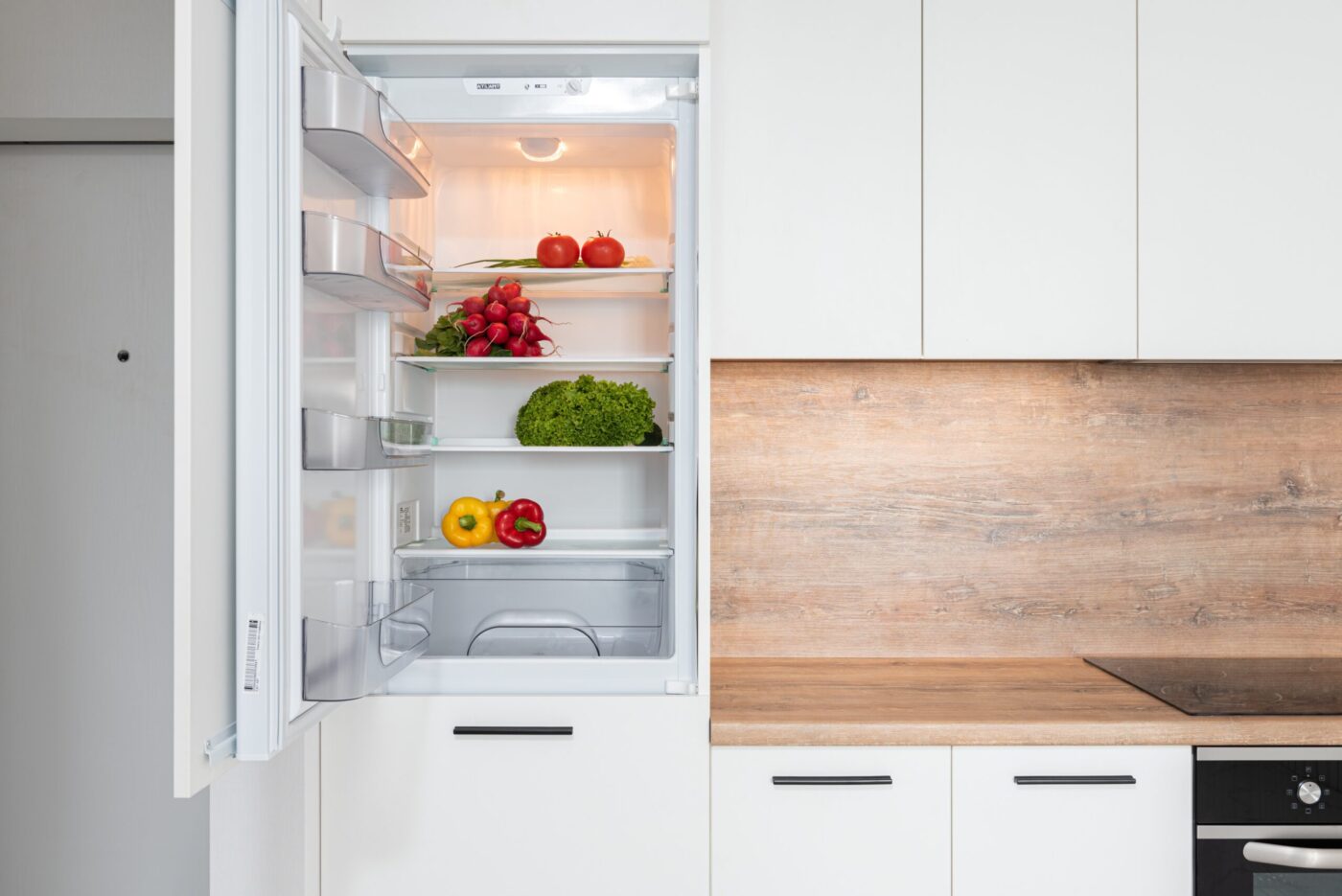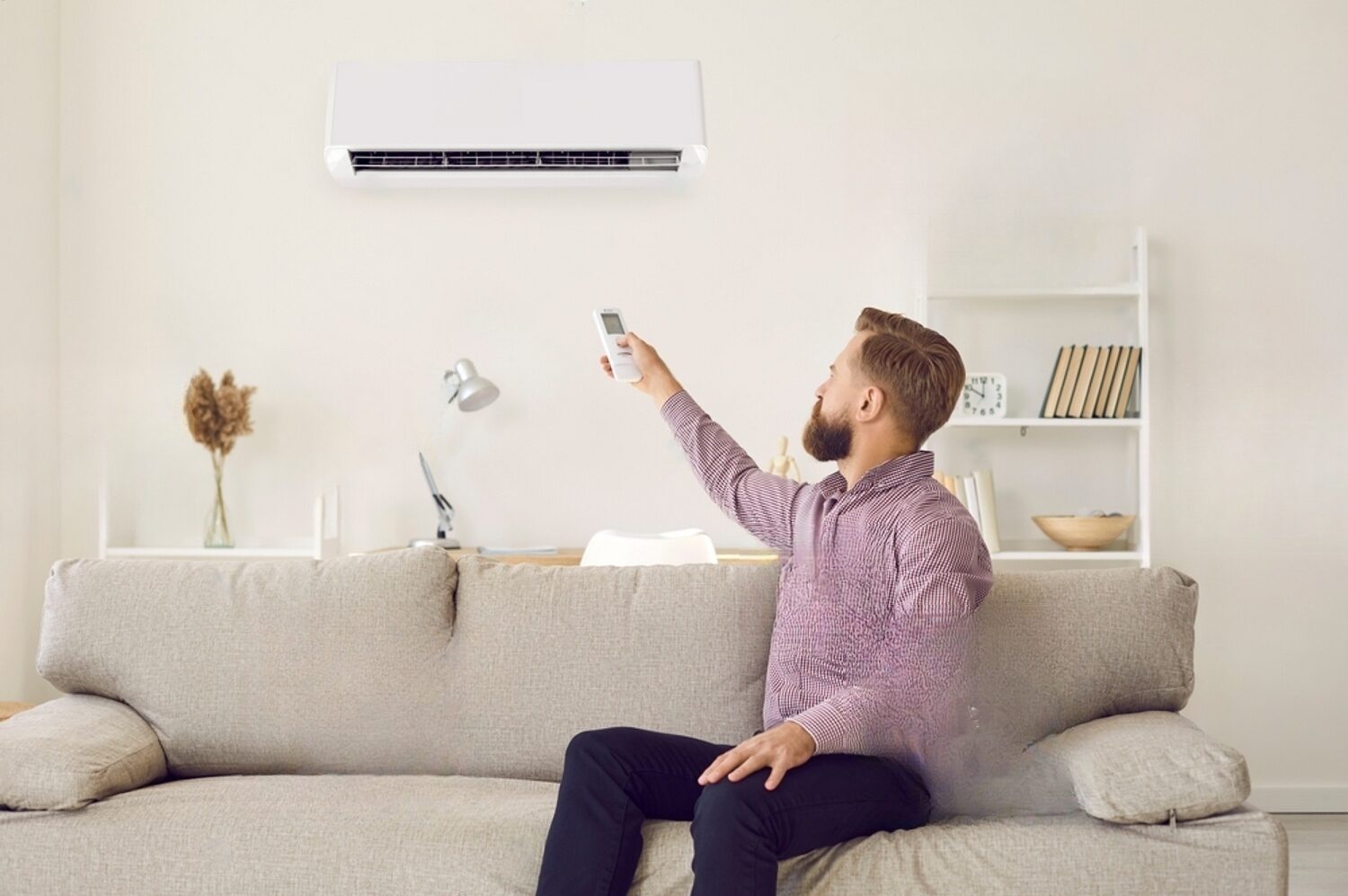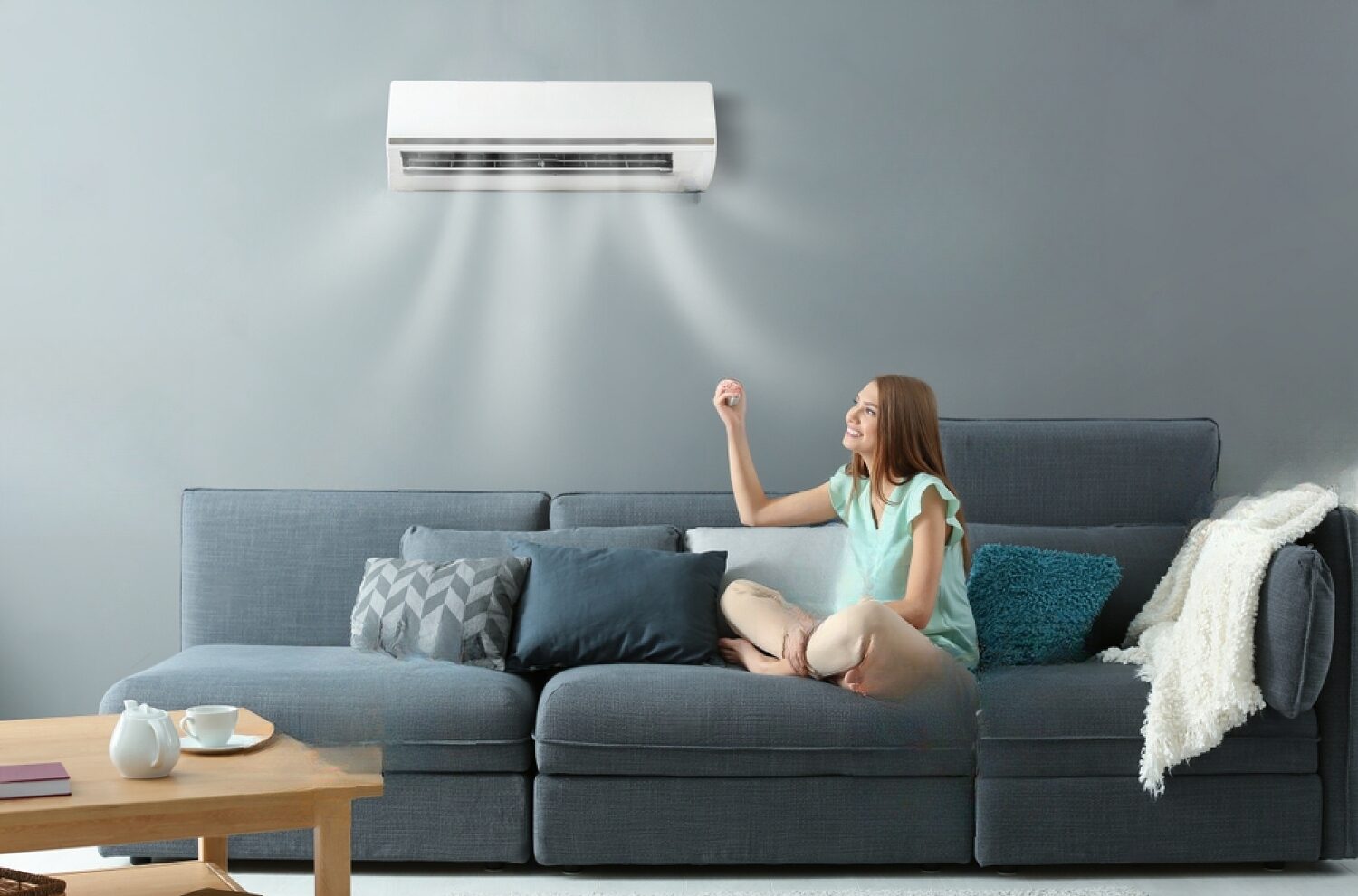The refrigerator may not cool for various reasons. Let’s talk about the most important of these reasons.
Your refrigerator should not be in a position to affect its temperature.
One of the biggest reasons most home users are not aware of is that the refrigerator is not in the right place. Although this problem is overlooked by many or they don’t care, why doesn’t the refrigerator cool? It is one of the biggest reasons.
The presence of household appliances next to your refrigerator (oven, dishwasher, etc.) that can emit heat (oven, dishwasher, etc.) next to the refrigerator or direct sunlight to the refrigerator affects the internal temperature of the refrigerator. This situation causes your device to work continuously in order to reach the ideal temperature, which is reflected on your electricity bill and causes a decrease in the internal temperature of the refrigerator.
Your refrigerator is overfilled
If your refrigerator is more than its capacity, it will cause jams in the placement of food and beverage in the refrigerator. Since this congestion will prevent the cold air from spreading correctly, it can cause it to not cool enough. Why doesn’t the refrigerator cool sometimes? The answer can be as simple as that.
Keeping the refrigerator door open
Sometimes, if you are not aware of it, leaving the door of your refrigerator open for a long time causes the device not to cool enough. Before calling the refrigerator service, make sure that the refrigerator door has not been open for a long time.
Opening the refrigerator door too often
Sometimes we can open and close the refrigerator door very often without being aware of it, sometimes because of forgetfulness. In such cases, the refrigerator temperature may decrease. Therefore, if you suspect that your refrigerator is cooling, make sure that you have not opened the refrigerator door too often lately.
Do not place hot food directly in the refrigerator.
Make sure your food has cooled down to room temperature before placing food in your refrigerator. Since the pots you place in your refrigerator before the food temperature drops, they emit high heat, causing a decrease in the internal temperature of the refrigerator.
Defrosting of refrigerators without No-Frost feature
Although there are not many refrigerators that do not have these features recently, if the refrigerator in your home does not have a no-frost feature, unplug your device for 24 hours every 6 months and let the accumulated ice melt. The refrigerator that has made ice will not be able to provide sufficient cooling.
There may have been a power outage before you had the problem
The duration of the power outage in your home may cause your refrigerator to heat up and it may take time to reach the old cold again, but sometimes, your refrigerator may reset its settings after a power outage, causing it to not be at the correct settings. Naturally, it takes a while for the food and drink inside to cool down again, but refrigerators with panel or user-adjustable knobs may need your help after they lose power.
Refrigerator gas problems
Insufficient or excess gas in your refrigerator may prevent your device from cooling properly.
Excessive gas pressure
Gas leak
1 – Excessive gas pressure
If there has been a new engine change in your device, the gases pressed more than necessary for this reason prevent your refrigerator from cooling.
2 – Gas leak
The copper pipes that transmit the refrigerator gases that provide the cooling of your device cause gas to escape as they wear out over time, and the lack of sufficient gas prevents cooling.
If all these items do not work, contact the technical service.


